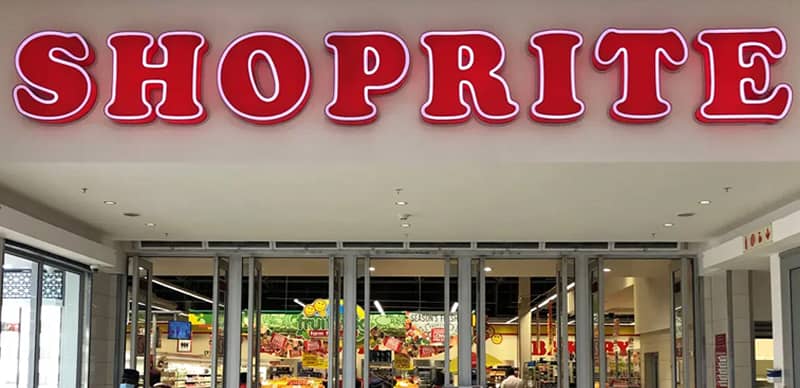ShopRite Mall has announced its intention to cease operation in one of its Abuja branches from June 30, 2024.
The branch is situated at Novare Central Mall in Wuse Zone 5.
This was contained in a circular signed by the Chief Executive Officer, Dr Folakemi Fadahunsi, on behalf of the retail supermarket and obtained by our correspondent on Monday.
A staff at the store who pleaded anonymity also confirmed the report, saying “Yes, it is true, we just heard it here too.”
The popular mall attributed its decision to a thorough evaluation of the store’s financial situation and the current business climate.
It additionally notified vendors that their services would no longer be needed at the store.
READ ALSO: JUST IN: Abiodun Emerges Chairman Of Southern Governors Forum
The circular read, “We regret to inform you that as of June 30, 2024, Retail Supermarkets Nigeria Limited will be closing its Wuse Store located in Novare Wuse Central Mall, Abuja. This decision has been made after a thorough evaluation of the store’s financial situation and the current business climate. We believe this is the best course of action for our organization’s long-term growth.
“Effective June 30, 2024, our company will no longer operate in Wuse, Abuja, and we will no longer require your services for the Novare Wuse Central Mall Store. Please note that all existing service contracts will also terminate for the store.”
The circular added the company would be reviewing its accounting records in the next 60 days to settle outstanding balances.
“If your services are specifically tied to the Novare Wuse Central Mall Store and if there is an outstanding balance between our companies, we will carefully review our accounting records over the next 60 days (about 2 months). We will then promptly contact you to confirm the amount owed and discuss a suitable payment schedule.
READ ALSO: [JUST IN] Cholera Outbreak: Lagos Records 29 Deaths, 579 Suspected Cases
“We would like to express our gratitude for your past business. It has been a pleasure working with you and your team. If you have any questions or concerns, or if there is anything we can do to assist you during this challenging transition, please do not hesitate to reach out to us”, it added.
Multiple multinationals have left Nigeria by either scaling down operations, transferring ownership or selling their stakes, the most recent being the sale of beverage company Diageo’s 58.02 per cent shareholding in Guinness Nigeria to Tolaram Group on June 11, 2024.
The exodus of multinationals from the Nigerian economy has cost the country a N94tn loss of output in five years, according to an economist and former Director of Research and Advocacy at the Lagos Chamber of Commerce and Industry in Nigeria, Dr Vincent Nwani.
According to the analyst, for the first year, over 10 companies shut down operations in 2020, most notably Standard Biscuits Nigeria Ltd, NASCO Fiber Product Ltd, Union Trading Company Nigeria PLC, and Deli Foods Nigeria Ltd.
READ ALSO: BREAKING: Police Arrest Killers Of Army General In Abuja
In 2021, he stated that more than 20 companies exited, including Tower Aluminium Nigeria PLC, Framan Industries Ltd, Stone Industries Ltd, Mufex Nigeria Company Ltd, and Surest Foam Ltd.
He stated that in 2022, over 15 known brands left Nigeria, including Universal Rubber Company Ltd, Mother’s Pride Ventures Ltd, Errand Products Nigeria Ltd, and Gorgeous Metal Makers Ltd.
More than 10 major companies left in 2023, notably Unilever Nigeria PLC, Procter & Gamble Nigeria, GlaxoSmithKline Consumer Nigeria Ltd, ShopRite Nigeria, Sanofi-Aventis Nigeria Ltd, Equinox Nigeria, and Bolt Food & Jumia Food Nigeria.
In the first six months of this year, five listed major companies had left Nigeria, including Microsoft Nigeria, Total Energies Nigeria (affected by its divestment), PZ Cussons Nigeria PLC, Kimberly-Clerk Nigeria, and Diageo PLC.
